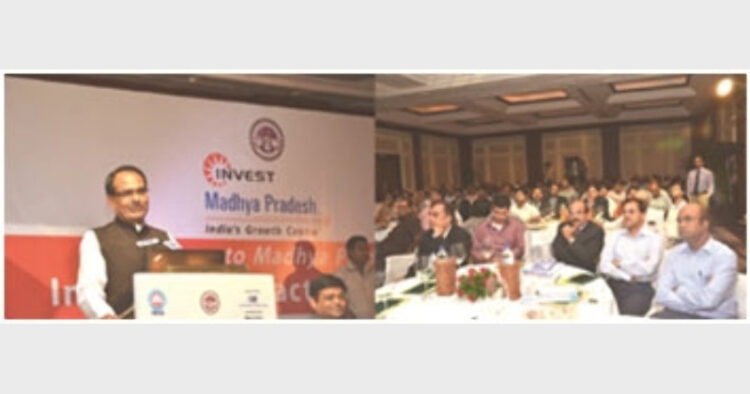THE Economic Freedom of States of India, 2012 report which meant to show a direct correlation between economic freedom and the well-being of citizens, was perhaps less analysed. The Gujarat story has dominated much of the analysis and commentary of this report in the past. To recap for the benefit of readers, the index is based on the Fraser Institute’s Economic Freedom of the World report. Written by leading economists and analysts, like Bibek Debroy, Laveesh Bhandari and others, the index measures three parameters – the size of the Government, legal structure and security of property rights and regulation of business and labour. According to the authors of the report, States in India which are economically more free are also doing better in terms of a higher per capita growth for its citizens, unemployment levels are lower in these States, sanitary conditions are better and the States also attract more investments.
It is interesting to note from the Economic Freedom of States report that Bihar, which significantly improved its economic freedom (per the index), continued to remain at the bottom of the table at the 20th place. Interestingly, of Bihar’s many cousins from the original BIMARU list of states, Rajasthan improved its standing from 12th to about the 8thover the course of the last decade, for which data was captured in this report. Uttar Pradesh, the biggest of them all, remains kind of stuck in the mid-teens with a slight decline in its economic freedom. The best performer however among all the original BIMARU states is Madhya Pradesh.
It is interesting to note that Madhya Pradesh, which saw a decline in its economic freedom between 2005 and 2009, made a remarkable comeback in 2011 to end up at 3rd place behind Gujarat and Tamil Nadu.
The real story behind Madhya Pradesh’s strong performance on the overall economic freedom index is its Legal structure and protection of property rights. To quote the authors of the report: “Madhya Pradesh is one of the best governed States and this is reflected in its index value that is far ahead of all others. Better police investigations as well as a lower share of economic offences to the total incidences of crime resulted in significant improvement over time in the State.”
Interestingly, Bihar ends up at the bottom of the pyramid on this dimension when compared to Madhya Pradesh. On the dimension of labour and business regulation too, Madhya Pradesh was observed to be on the comeback trail according to the report, moving up from 11th position to the 7th position. According to the authors, this comeback is largely on account of “better performance in a range of variables – yearly wage to minimum notified wages, actual investment to investment proposed and total cases registered in the prevention of corruption act.” According to the authors, in Madhya Pradesh “higher economic freedom generates a momentum growth that has a long term positive impact”.
Much has been said about Nitish Kumar’s turnaround of Bihar in the mainstream media. In stark contrast is Shivraj Singh Chouhan, a quiet performer who has steered Madhya Pradesh back on track while putting significant distance between MP and its other BIMARU cousins.
In the wake of the horrific rape incident in Delhi, Shivraj Singh Chouhan was one of the first Chief Ministers to moot the idea of raising social costs on gender criminals by denying them access to services of the State as well as making it harder for them to escape the ambit of law through the creation of a national database of gender criminals.
As Madhya Pradesh goes to polls, it is no mean achievement that Shivraj Singh Chouhan stands tall as a successful incumbent Chief Minister even as Madhya Pradesh marches ahead of its BIMARU cousins without the need for a ‘special status’.
(Courtesy: Niti Central)














Comments